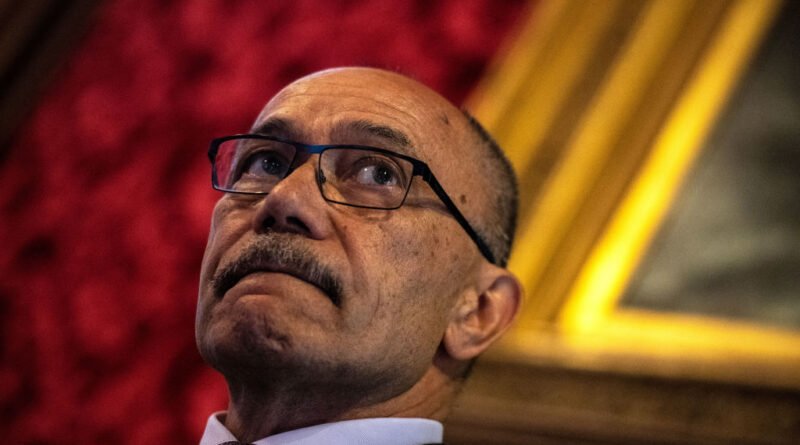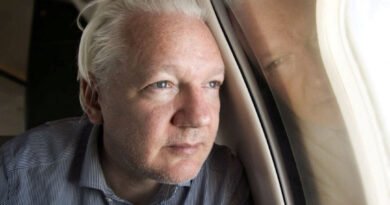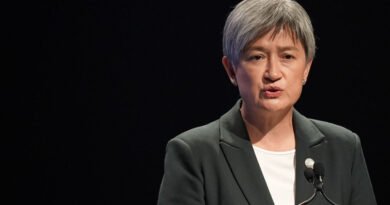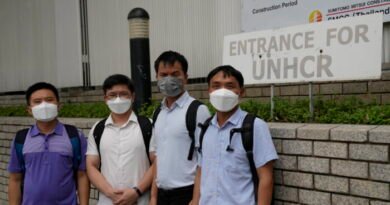New Zealand’s Former Governor General chosen to help navigate Pacific Island’s journey to independence
The Pacific Island of Bougainville is persistently advocating for independence.
Despite nearly five years passing since 97 percent of the approximately 300,000 residents of Bougainville voted for independence from Papua New Guinea (PNG), little progress has been made in implementing their decision.
For the referendum result to be realized, it must be ratified by the PNG Parliament, which currently shows reluctance to do so.
The small island, part of the Solomon Islands archipelago, is officially an autonomous region, encompassing the eponymous island, Buka Island (home to the capital, Buka), and several outlying islands and atolls.
Historically, the region was under the control of Germany, Australia, Japan, and the United States before becoming part of Papua New Guinea in 1976.
However, the residents had always aspired for independence. As far back as the 1960s, they expressed desires for an independent state. A brief declaration of the islands as the Republic of the North Solomons was made in 1975, which later led to a violent civil war in 1988 due in part to conflicts over the ownership of the Panguna mine, housing one of the world’s largest copper reserves. The war, lasting a decade, claimed up to 20,000 lives and ultimately ended with the establishment of the Autonomous Bougainville Government (ABG).
In a recent referendum held in 2019 to pursue complete independence, the Bougainville government announced intentions to become independent between 2025 and 2027 due to disagreements on the ratification process having led to a breakdown in negotiations between the national and Bougainville governments.
ABG President Ishmael Toroama emphasized the crucial need for PNG’s Parliament to endorse the result, warning of potential unrest if the vote is disregarded. However, he clarified that violence should not be the answer.
The leaders of the region have now enlisted the expertise of Jeremiah “Jerry” Mateparae, a former Chief of the New Zealand Defence Force, Governor-General, and High Commissioner to the United Kingdom.
Mateparae’s role as the Peace Monitoring Group commander in Bougainville during past times of conflict adds to his credibility.
Former NZ Foreign Minister, Don McKinnon, also remains optimistic about the situation, citing Mateparae’s ability to understand the cultural context and capitalize on opportunities to bring the parties closer together.
McKinnon also played a significant role as a mediator in the ceasefire negotiations.
Recognizing Sir Jerry Mateparae as the preferred United Nations moderator to assist in charting a path forward for Bougainville’s future, the governments of Papua New Guinea and Bougainville expressed confidence in his capabilities.

People queue to vote at a polling station in the capital Buka in Bougainville in a historic independence vote on Nov. 25, 2019.Ness Kerton/AFP via Getty Images
Despite the challenging task ahead, Sir Jerry Mateparae’s appointment gives hope for progress in resolving the Bougainville peace process.
Former governor-general McKinnon, a key figure in securing peace in the region, reiterates the significant challenges associated with Bougainville seeking complete independence, emphasizing the need for maximum autonomy within Papua New Guinea to avoid excessive costs.
He notes the financial challenges an independent Bougainville might face without a sustainable tax base, highlighting the complex issues tied to reopening Panguna and other mines as a potential solution.





